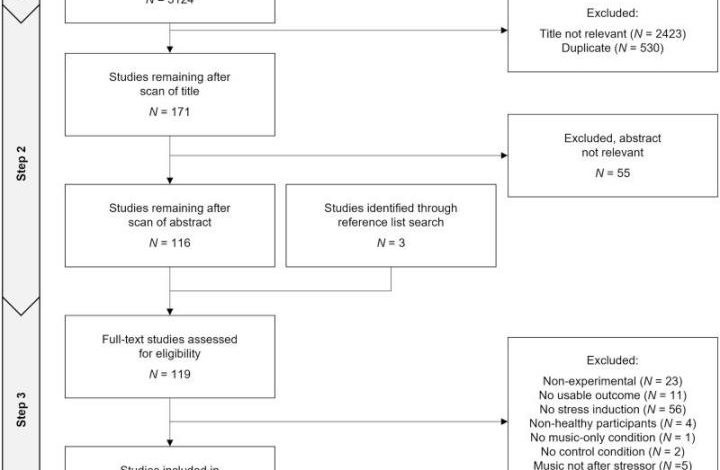The Role of Music in Relaxation and Stress Relief

The Role of Music in Relaxation and Stress Relief
How Does Music Impact Our Well-being?
Music has long been recognized as a powerful tool for relaxation and stress relief. It has the ability to evoke emotions, influence our mood, and distract our minds from the daily stressors of life. But how exactly does music impact our well-being?
Music and the Brain
Research has shown that listening to music stimulates various regions of the brain, including the areas responsible for emotions and memory. When we listen to music that we enjoy, our brain releases dopamine, a hormone that is associated with pleasure and reward. This can result in a feeling of relaxation and happiness.
Music and Stress Reduction
One of the most remarkable effects of music is its ability to reduce stress levels. Studies have found that listening to calming music can lower cortisol, the stress hormone, and promote the release of endorphins, the “feel-good” hormones. This can lead to a decrease in anxiety and a sense of relaxation.
Music and Sleep Quality
Another significant benefit of music is its impact on sleep quality. Listening to soothing music before bedtime has been shown to slow down the heart rate, lower blood pressure, and reduce anxiety levels. This can create the ideal conditions for a restful and rejuvenating night’s sleep.
Choosing the Right Music for Relaxation
Not all music is created equal when it comes to relaxation and stress relief. Different genres and rhythms can have varying effects on our mood and well-being. It’s essential to choose the right music that resonates with you personally. Some popular choices include classical music, instrumental tracks, nature sounds, and ambient music. Experiment with different genres to find what works best for you.
Frequently Asked Questions:
Q1: Can any type of music help with relaxation and stress relief?
A1: While individual preferences vary, research suggests that slow tempo music with no lyrics tends to be most effective for relaxation and stress relief. However, everyone is unique, and what works for one person may not work for another. It’s important to listen to music that you personally find soothing and enjoyable.
Q2: How long should I listen to music for relaxation?
A2: The duration of listening to music for relaxation can vary from person to person. It may be beneficial to set aside dedicated time each day for listening to calming music, especially before bedtime or during periods of high stress. However, even a short 10-15 minute break with relaxing music can provide significant relief and help reset your mood.
Q3: Can music be used as a substitute for professional help for stress and anxiety?
A3: While music can be a helpful tool in managing stress and anxiety, it is important to note that it should not be used as a substitute for professional help. If you are experiencing chronic stress or anxiety, it is best to consult with a healthcare professional or therapist who can provide guidance and support tailored to your specific needs.
In conclusion, music plays a significant role in relaxation and stress relief. By understanding how music impacts our well-being and choosing the right music for our personal preferences, we can harness its power to promote relaxation, reduce stress levels, and improve overall emotional and mental well-being.
Remember, though music can be a valuable tool, it is essential to seek professional guidance when dealing with chronic stress or anxiety.



